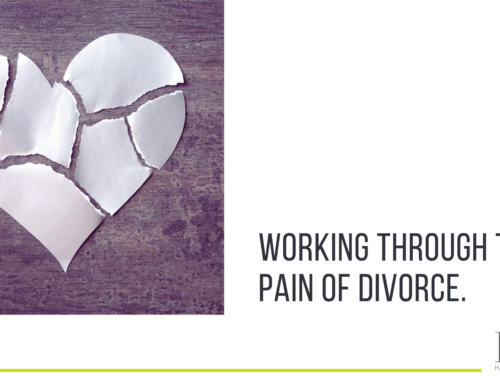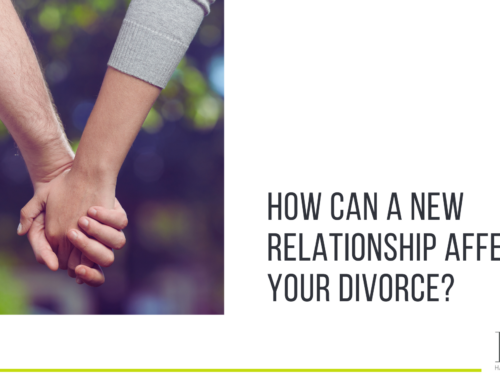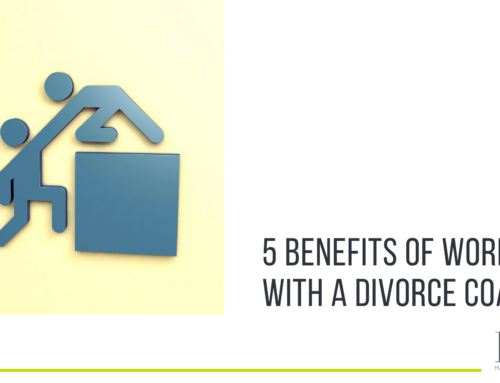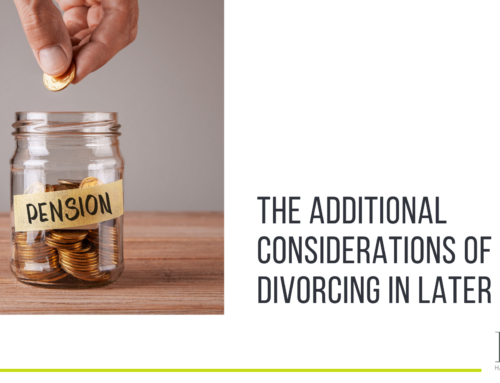Coercive control is a subtle and persistent form of emotional abuse which is designed to make the victim feel isolated, scared and humiliated. There are lots of ways your partner might be controlling you. Their behaviour can be almost unnoticeable at first, but it will gradually progress over time, reducing your freedom and increasing your fear.
A controlling partner is likely to isolate you from friends and family and may even restrict your access to basic necessities such as food and money. You will probably feel like you are being spied on, with your partner monitoring how you spend your time, who you see and your calls, emails and text messages. Any resistance will be met with threats and intimidation.
If you are suffering this kind of abuse, the very fact that it destroys your confidence and isolates you from those who can offer help makes it extremely hard to break free. This is one reason why so many victims, both men and women, stay in their relationship long after they have realised they should leave.
How to get out
Nobody should feel unsafe and there is help available. We can put you in touch with charities and organisations that can offer advice, even if you don’t feel ready to take any action just yet.
Even if your partner is unhappy about you having friends or seeing family members, do your best to keep contact with a few people who you might be able to turn to in the future. It is up to you whether you share any information with them about your situation. The important thing is that you begin to develop a support network of people who might be able to help, should you ever need it.
Start making a safety plan so that you know what to do when you are ready to leave. The act of leaving or standing up to an abuser can be a trigger for even more extreme behaviour and control, which is why every step you take must be carefully thought through. One of the first things to do is make a note of important numbers such as your local women’s refuge or domestic violence service, your children’s school, the police domestic violence unit and your solicitor. Teach your children to call 999 in an emergency and make sure they know critical information like their full address, telephone number and perhaps the name of someone trusted who can be contacted in an emergency. Visit the Women’s Aid website for more advice on making a safety plan.
How we can help
Here at Harrogate Family Law we have lots of experience in assisting victims of coercive control to regain their independence. We work closely with charities and counselling services and, where appropriate, we can assist you in obtaining legal protection against an abusive partner. We are different from other law firms because we genuinely care about you and your family, and specialise in these kinds of cases and in using our expertise to help you break free. Also, when you feel strong enough, we can help you put plans in place to protect your future and move forward with your life.
To escape a relationship involving a controlling atmosphere, call us for free us on 01423 594680.

Andrew Meehan is an experienced family lawyer specialising in complex divorces involving significant or hidden assets, as well as cases involving children.
He is recommended for family law by both Chambers 2019 (York, Hull and surrounding regions) and the Legal 500 2020 (Leeds/West Yorkshire and North Yorkshire region).
Everyone’s circumstances are different and this article is provided by way of general information only and must not be relied upon. If you require legal advice on a family law issue, please feel free to contact us by emailing enquiries@harrogatefamilylaw.co.uk.






